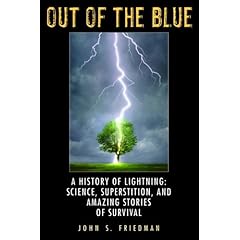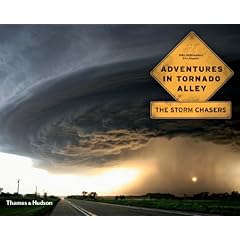Conditional Logic in the Bible
Before I drift off to sleep to the sound of the rain lightly beating the shingles of my third floor aerie flat, I thought I'd jot a quick note about a verse I've been mulling over lately, and the implication of conditional logic on its veracity.To the Jews who had believed Him, Jesus said, "If you hold to My teaching, you are really My disciples. Then you will know the truth and the truth will set you free." John 8:31-32
Now, I've heard the second half of this passage all my life. In fact, I think that many who do not claim to be followers of Christ have heard this statement: You shall know the truth and the truth shall set you free.
But I beg a second look at this concept, in its entirety, which happens to be Christ's own words. Looking closely at the entire context of this statement, it appears we have a conditional logic statement. Basically, that is an if-then statement.
If P, then Q.
We use conditional logic every day without thinking about it.
If you leave your headlights on, then your car battery will be dead.
If you don't put your perishable food in the fridge, then it will rot.
If the internet connection isn't working, then you won't receive your email.
How about this one:
If P, then Q.
If Q, then R.
If you leave your headlights on, then your car battery will be dead.
If your car battery is dead, then your car won't start.
Therefore,
If you leave your headlights on, your car won't start.
And so on...
Consider the conditional logic in this verse:
If you hold to My teaching, (here's the antecedent)
you are really My disciples. (this could be an antecedent or a consequent)
Then you will know the truth and the truth will set you free. (here's a consequent)
Basically, what I have to say is this: maybe you're the same way as I am. You've wondered why you haven't felt truly "free". Well, upon reading this verse, I don't think freedom is supposed to come without a price. I can complain about not feeling truly "free" and wonder when this glorious "freedom" is supposed to arrive, but the consequent must have an antecedent. And in this case, the antecedant is that we hold (actively) to Jesus' teaching. That we become a disciple. Only THEN can we know the truth; only THEN can we be set free. Lately, I haven't been much one to hold to His teaching. I haven't been carrying my own load (Gal 6:4-5).
So, to all you fellow left-brained, highly analytical peeps out there, I feel your pain. You want a formula so badly you can taste it. Well, I'm happy to say that Christ obviously knew that people like us would one day be running around with our pocket calculators and Excel spreadsheets trying to make sense of the world. With as uptight as our kind can be, it's uplifting to know that our Saviour thought of us, and was kind enough to leave us a bit of hope in such a simple formula.
Good night.
Labels: practical theology, this is me before









0 Comments:
Post a Comment
<< Home